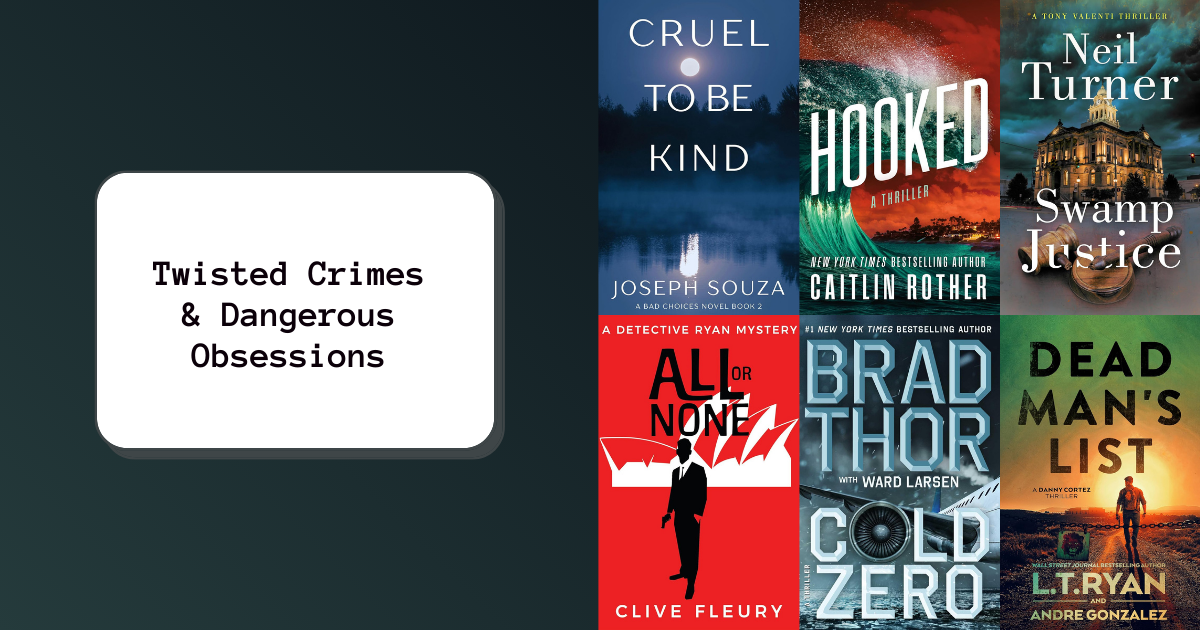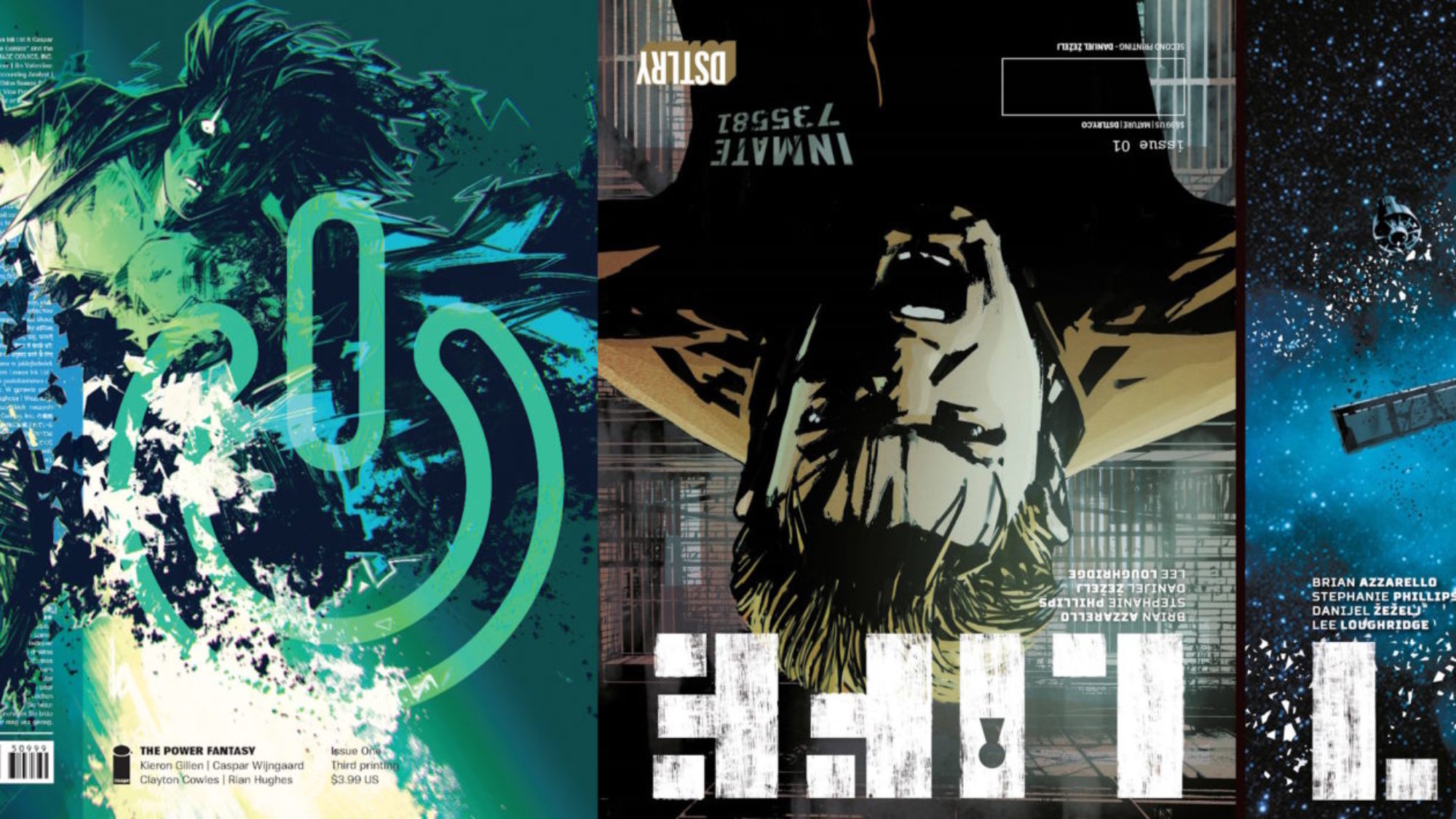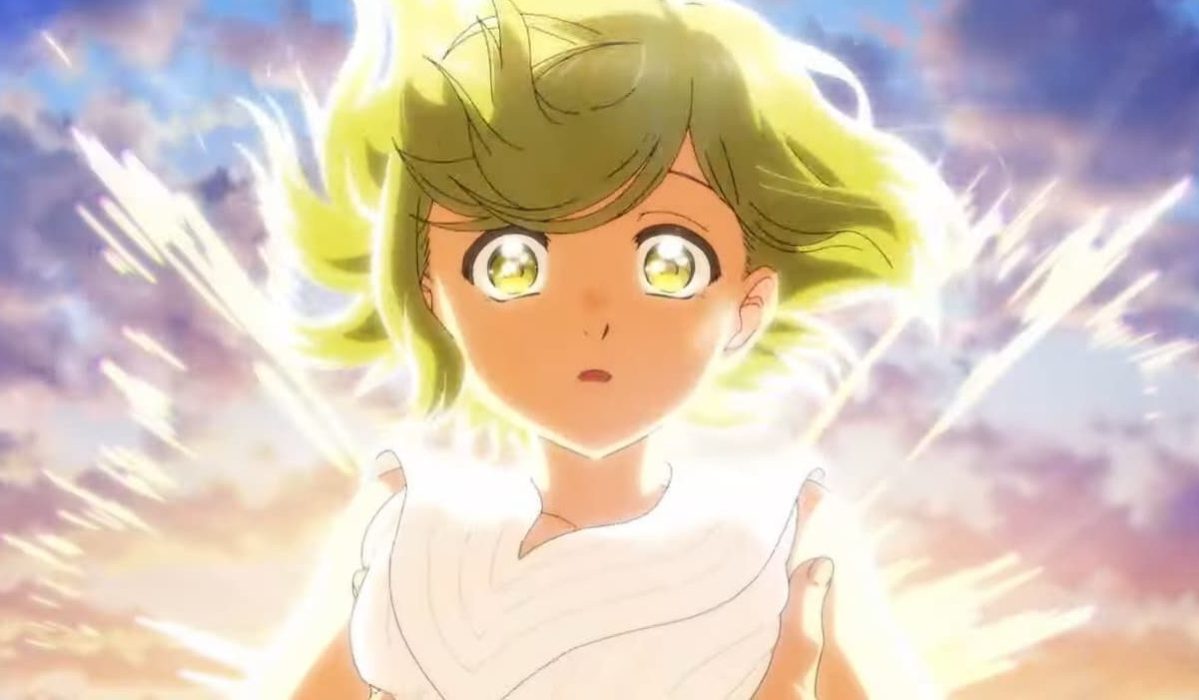Nina lives in a crowded town whose inhabitants work at the will of six wolves named for the days of the week, Monday through Saturday. Legend tells of a Sunday that would allow a day of rest, but a witch named Frau Holle locked that wolf away in a bottomless pit. Without Sunday, the week ends on Saturday and starts on Monday— meaning work never pauses.
Desperate to break the cycle, Nina ventures down the pit and into Frau Holle’s kingdom. When she arrives, she meets a mirror version of herself that accompanies and—being more inclined to nap than work—takes advantage of Nina on her journey. As Nina faces numerous trials, she begins to see the value of hard work that is balanced with leisure time.
Filled with charm and bright colors, Eisner Award-nominated The Lost Sunday is Romanian artist and author Ileana Surducan’s English-language debut. Even without reading the notes in the back, the story’s fairy tale roots are apparent, with elements that can be fascinatingly traced back to the original “Frau Holle” by the Brothers Grimm, as well as the Romanian legend “The Old Man’s Wise Daughter.” Both involve two girls who end up rewarded—or punished—for their different work ethics. Surducan notes that “versions of this fairy tale can be found all over the world, from North America to Japan to Scandinavia to Africa.”
In the tradition of fables, this graphic novel is short yet impactful in its delivery of a moral. Surducan literally saves space while cleverly showing the passage of time by drawing the characters multiple times in the same scene, without traditional panel borders. The world is strange and delightful, with quirky side characters like a clockmaker who works with all of his past selves and a man who brings a fish in a bowl everywhere with him.
The commentary on labor under capitalism makes The Lost Sunday a clever fable that demonstrates the value of a balance between work and leisure, as well as an invitation to young readers to be “brave enough to take a break and cherish their free time.”


















